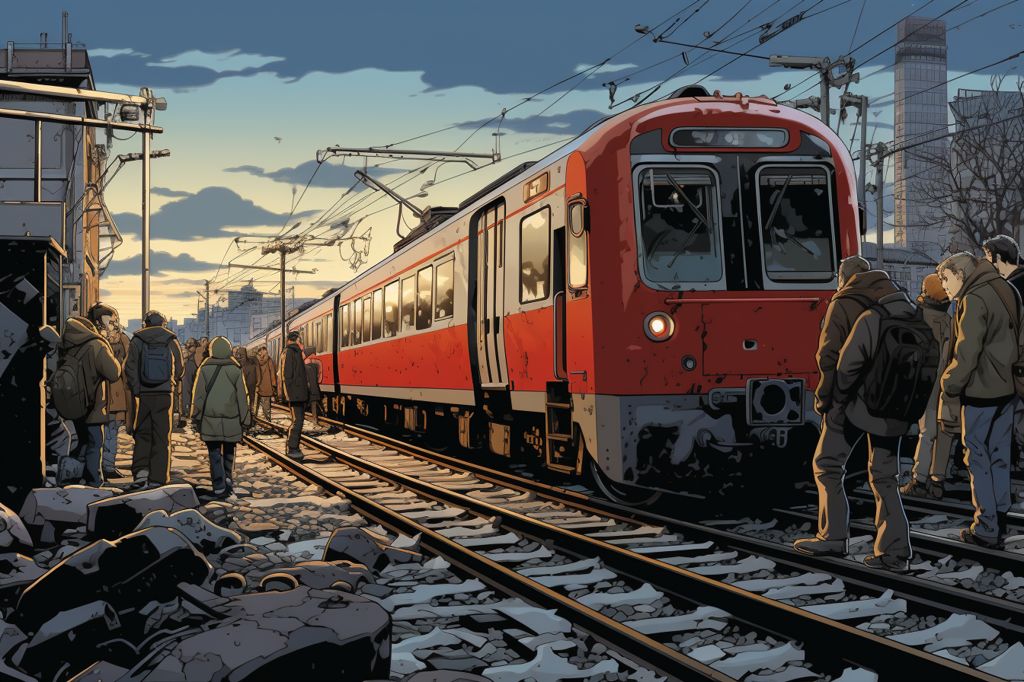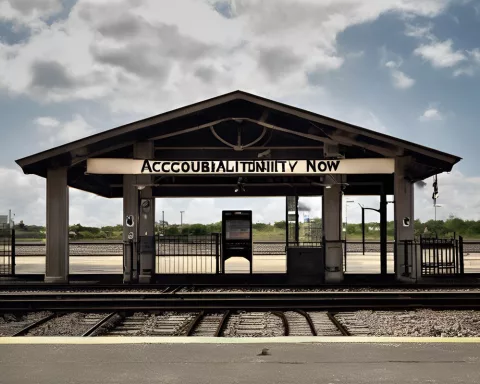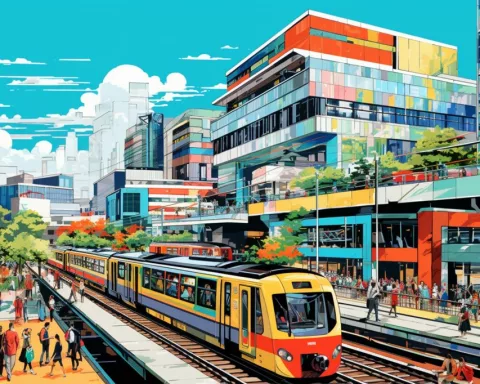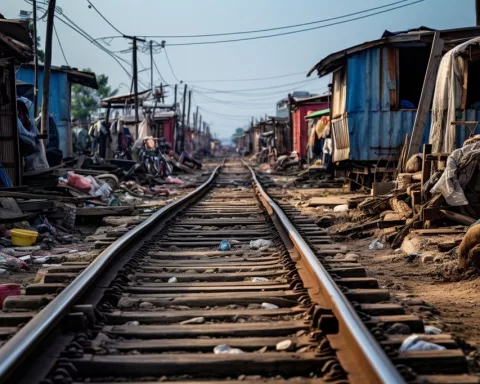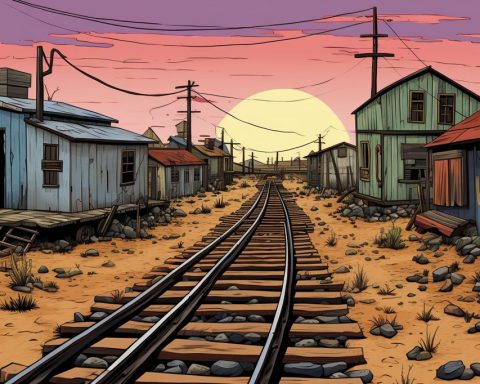Cape Town, South Africa’s bustling city, heavily relies on efficient public transportation. However, the city’s rail system has been facing several challenges in recent years, compromising the quality of service, safety, and timely upgrades. The root cause lies in the ongoing conflict between the Passenger Rail Agency of South Africa (Prasa), who is responsible for providing rail services, and the City of Cape Town.
Prasa’s Alleged Refusal to Sign Service Level Agreement (SLA)
Geordin Hill-Lewis, Cape Town’s Mayor, identifies Prasa’s alleged refusal to sign a legally required service level agreement (SLA) with the city as a primary challenge to improving the city’s rail services. The SLA would outline clear performance standards for the rail service and serve as a stepping stone towards transferring control to the local government, benefiting Cape Town’s residents. Despite numerous attempts to get Prasa to comply with its obligations, the city has not made any progress.
Deterioration of the Rail System
The impasse between the City of Cape Town and Prasa has resulted in the deterioration of the rail system, causing inconvenience and frustration for commuters who depend on it as an affordable, safe, and dependable means of transportation. In late July, Prasa informed the city that it would not sign the SLA due to the current state of rail services. The city has initiated a formal intergovernmental dispute resolution process, deeming Prasa’s position both unacceptable and unlawful.
Disappointment and Frustration
Rob Quintas, Cape Town’s mayoral committee member for urban mobility, expressed disappointment at Prasa’s about-face, especially given the agency’s initial willingness to negotiate an SLA. Quintas explained that Prasa’s insistence on developing a non-binding memorandum of understanding instead of a legally enforceable agreement provides no guarantees of improvement, as the existing memorandum signed in 2015 has failed to produce the desired results.
Residents Taking Matters into Their Own Hands
Unfortunately, Prasa has not responded to inquiries about this ongoing struggle, leaving the people of Cape Town in a state of uncertainty. Local residents have taken matters into their own hands, with some occupying railway lines and planning to meet with Prasa officials to discuss their relocation requirements.
The conflict between the City of Cape Town and Prasa continues, and the city’s residents bear the brunt of a failing rail system. It remains to be seen whether the dispute resolution process will lead to a breakthrough, but it is clear that the need for a safe, reliable, and efficient rail service in Cape Town is more pressing than ever. The city’s residents hope that both parties can find a way to resolve their differences and work together to create a rail service that meets their needs and expectations.

